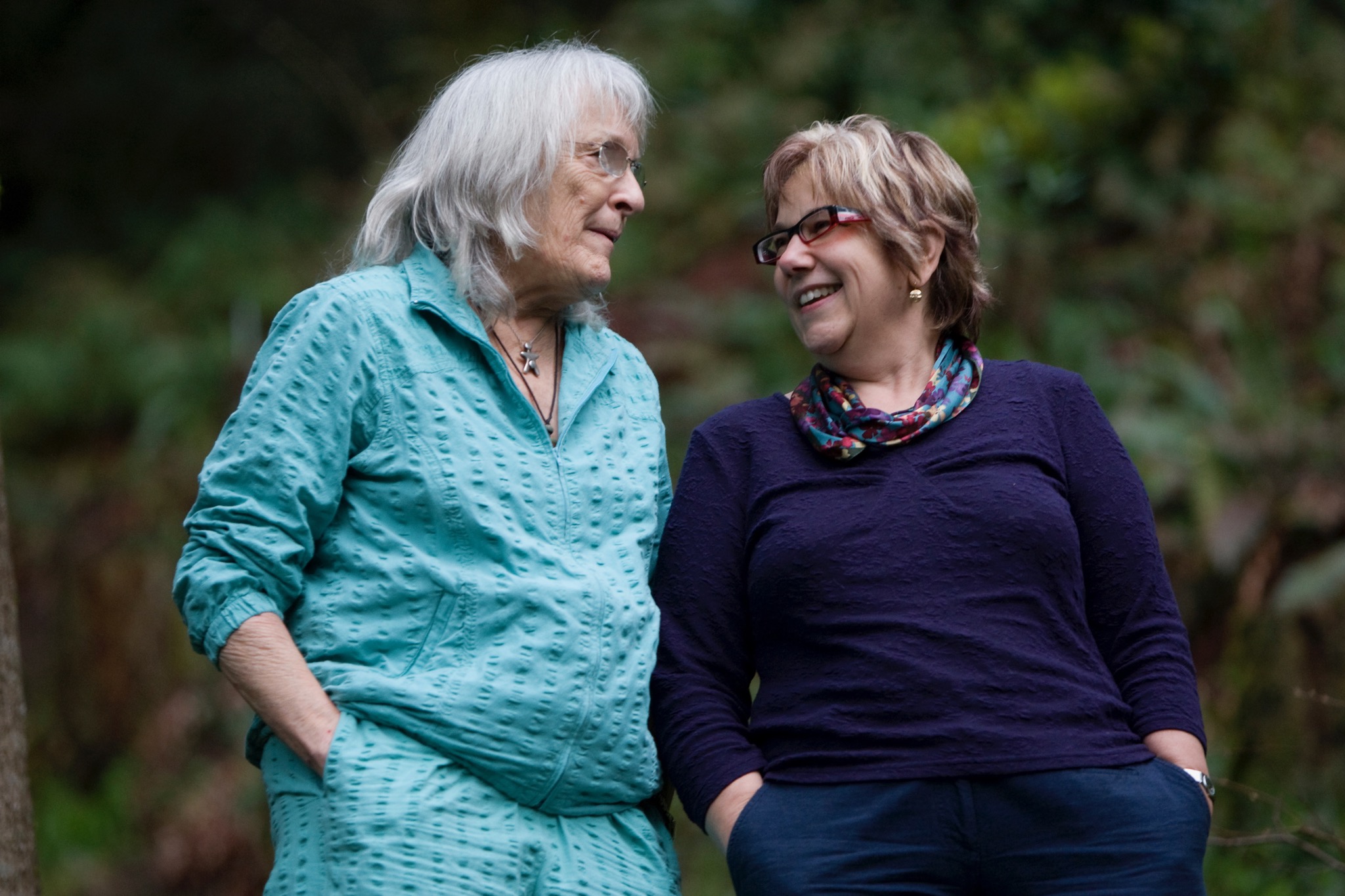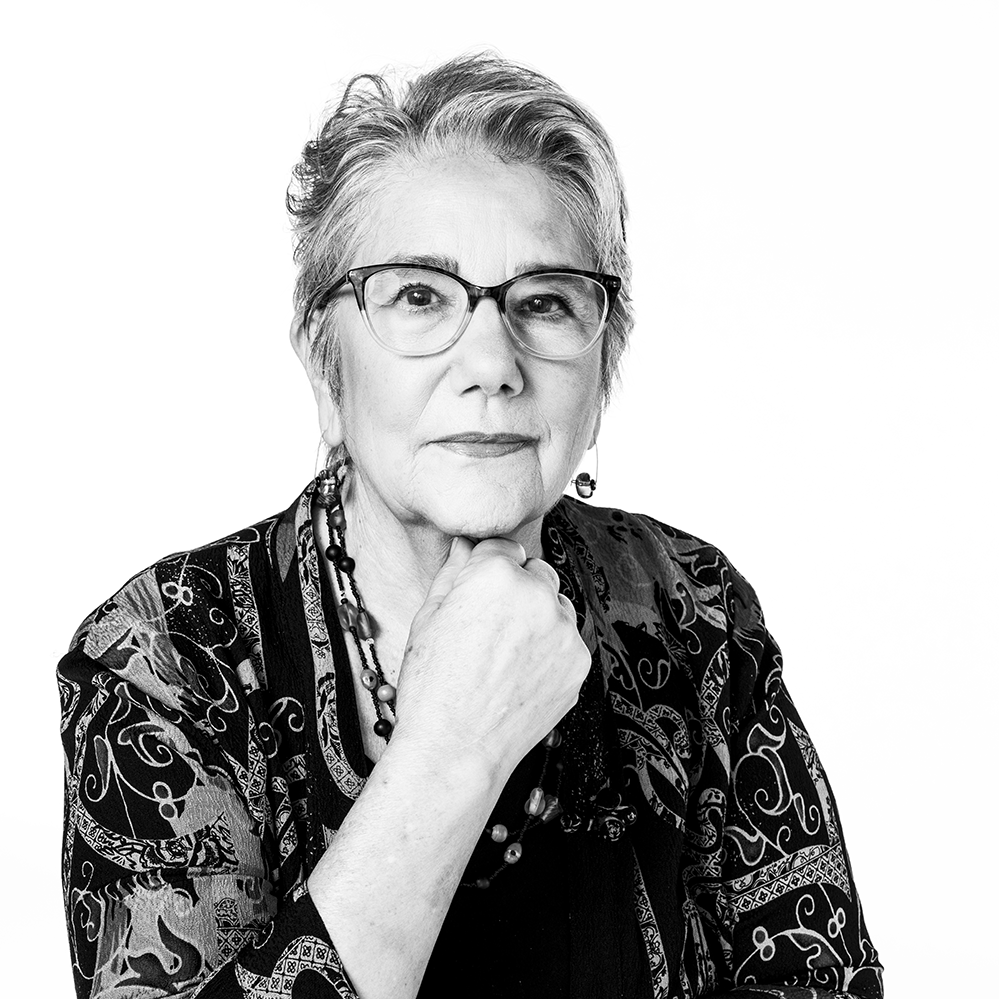Intact America (IA) is celebrating our 15th birthday! “Celebrating” might sound like a strange word to use, when you consider that the practice Intact America is fighting – the routine amputation of baby boys’ foreskins – is still all-too-common in U.S. hospitals. In this introduction, though, I’ll talk about what 15 years of leading IA has meant to me, give you some updates about our new activities, and tell you why I am super-optimistic about the future.
 Intact America was created when Marilyn Milos, “mother of the intactivist movement,” brought together a group of people who for decades had been fighting for boys’ rights to keep their intact bodies. Marilyn introduced us to a Texas businessman and NOCIRC donor named Dean Pisani who had told her he wanted to see the movement grow and was willing to fund the creation of a larger organization that could hire professional consultants and staff, launch fundraising and media campaigns, and expand the rosters of supporters. After a months’ long planning process, Dean and others in the group asked me to serve as executive director on a temporary basis. Truthfully, I didn’t think about how long I might stay in that position. I was just enormously grateful that the people around the table believed I could lead the new entity.
Intact America was created when Marilyn Milos, “mother of the intactivist movement,” brought together a group of people who for decades had been fighting for boys’ rights to keep their intact bodies. Marilyn introduced us to a Texas businessman and NOCIRC donor named Dean Pisani who had told her he wanted to see the movement grow and was willing to fund the creation of a larger organization that could hire professional consultants and staff, launch fundraising and media campaigns, and expand the rosters of supporters. After a months’ long planning process, Dean and others in the group asked me to serve as executive director on a temporary basis. Truthfully, I didn’t think about how long I might stay in that position. I was just enormously grateful that the people around the table believed I could lead the new entity.
 Now, 15 years later, I’m still here (with Dean and Marilyn) and I’m still grateful! I’m also totally fired up about the future. Earlier this summer, I completed my memoir, called This Penis Business. It is due to be released on February 20, 2024, together with Please Don’t Cut the Baby, a memoir written by Marilyn Milos. In these books, Marilyn and I have told how our (very different) life stories led to our involvement in the intactivist cause. The books will be available for pre-order shortly.
Now, 15 years later, I’m still here (with Dean and Marilyn) and I’m still grateful! I’m also totally fired up about the future. Earlier this summer, I completed my memoir, called This Penis Business. It is due to be released on February 20, 2024, together with Please Don’t Cut the Baby, a memoir written by Marilyn Milos. In these books, Marilyn and I have told how our (very different) life stories led to our involvement in the intactivist cause. The books will be available for pre-order shortly.
Just as Marilyn and I have told our stories, increasing numbers of men and the people who love them are telling their own stories about how male genital cutting has impacted their lives. In the early days of my own activism – indeed, in the early days of Intact America – very few people were willing to come out publicly to talk about circumcision. This is so ironic, because doctors promiscuously assault babies’ genitals – as many as 4000 times each day, but nobody wants to acknowledge the harm this custom creates. In the past, respecting the strange and conflicting taboos in our society that govern talking about sex and sexual body parts, even intactivists’ arguments were more intellectual and conceptual than graphic and deeply personal. We spoke of forced circumcision as a “human rights violation,” as “medically unnecessary,” or as “unethical.” All of these descriptors are, of course, true. But they don’t tend to move people; they don’t create compassion and empathy for the (nameless) victims or provoke the outrage needed to “change the way Americans think about circumcision.”
If we look at every other successful social change movement, from the abolition of slavery, to the fight for women’s suffrage, to the Civil Rights movement, to the LBGTQ and same-sex marriage movements, to the more recent “MeToo” movement, we can see that key to effecting change was making public the personal stories, the voices and the faces of the victims. But for the victims and the opponents of deeply embedded injustice, coming out and speaking one’s truth takes willingness to risk the disapproval or hostility of friends, family, and coworkers.
When Intact America launched our Voices series in 2017, it was difficult for us to find even one person willing to reveal their name and send a photo to publish with the story of the damage they had suffered from having their genitals cut as helpless babies or children. Just six years later, we are trying to figure out how to give exposure and justice to the torrent of inquiries and submissions from victims who (it is my view) are not so much brave, but rather have found the price of secrecy and self-repression too great to endure.

This groundswell of people aching to tell their stories paved the way for Intact America’s new story-telling photo campaign, called SKIN IN THE GAME: Circumcision Cuts Through Us All. The campaign is premised on the same elements of success as the other social movements mentioned above: revealing the human faces of injustice and amplifying the human voices of victims. The photographs for SKIN IN THE GAME were taken in a series of three photoshoots, two in Atlanta and one in Dallas. Most of the participants were unknown to Intact America before they responded to online ads inviting interested people of any race, ethnicity, sex, and body type to have their pictures taken for Intact America, identified as “a nonprofit organization working to end male child genital cutting (circumcision).” Over a period of nine days, those who came were asked why they had responded to the ad, and if they would like to share their stories. Some said they’d been thinking about the evils of circumcision for years; others said they had never consciously considered the harm until they saw the ad. We met men and women of all ages, of every ethnicity and sexual orientation. The atmosphere was magical.
As the hours and days progressed, it became clear to us that everyone in our country has a circumcision story. The resulting photos and quotes of participants in the photoshoots, as you will see over the coming months, are intensely emotional and will be used to promote the two new memoirs and the ongoing work of Intact America. THIS WAVE OF CONSCIOUSNESS AND OF CHANGE WILL CONTINUE TO BUILD.

Additionally, Intact America’s upcoming DoNoHarm.Report project will provide yet another venue for broadcasting the rampant solicitation of circumcision, the harms of “routine” genital cutting, and the epidemic of forcible foreskin retraction – all fueling the multi-billion-dollar American circumcision industry. Together, our activities, your voices, and your support for Intact America make it clear to me that we are moving toward a tipping point.
YOU, the person reading this newsletter, give me that optimism. The reasons we are still here today are, first, the justice of our cause and, second, the generosity of people just like you who have donated to the organization over the years. We couldn’t do our work without this financial support.
Even if you haven’t thought about it before now, you are likely realizing that you, too, have a story about how this heinous custom has impacted your life, your family, or the life of someone you love. And I hope you will tell your story before too long. I thank you from the bottom of my heart.
— Georganne Chapin, Founding Executive Director






No Comments